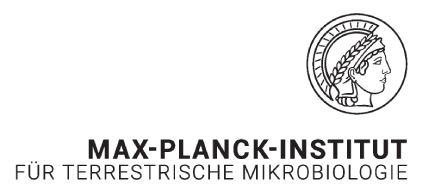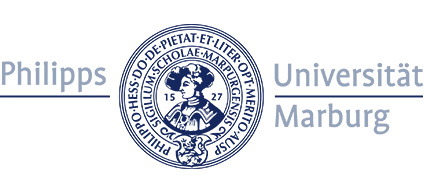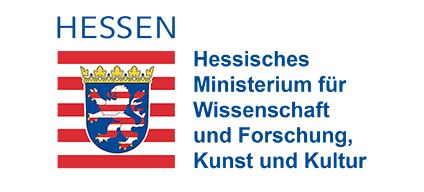Main Content
Our Research - Mission and Goals
The "Microcosm Earth Center" builds on the long-standing, successful cooperation between the Max Planck Institute for Terrestrial Microbiology and the Philipps-Universität Marburg. It sets the stage for an early identification and development of new research topics and aims for the training and promotion of outstanding young talents in the field of microbiology. In a highly collaborative environment equipped with state-of-the-art research technology, the members of the center are working on finding solutions for the major challenges of our time.
Microorganisms - chances for our future
Microorganisms are ubiquitous and play an essential role in the environment, climate and health. They produce and consume climate-relevant greenhouse gases (CO2 and methane), and influence soil fertility and biodiversity. Not only do they shape the life of every single human being, they are also the key to finding answers to the most pressing questions facing humanity: nutrition, health and global climate.
Joining forces for finding new solutions
The "Microcosm Earth Center" is conceptualized as an inter-institutional and interdisciplinary collaboration. For an initial funding period, the center is financed by the state of Hesse, the Max Planck Society, the Max Planck Institute for Terrestrial Microbiology and the Philipps-Universität Marburg.
Meet the Makers

Video “Meet the Makers”: In this video portrait, researcher Martina Preiner explains her work at the Microcosm Earth Center. She is one of the three female research group leaders at the Future Center. Her research group seeks to understand the transition between geochemistry and biochemistry. Every advance in knowledge helps to complete the mosaic of the origin of life and to find approaches for future solutions. At the Microcosm Earth Center in Marburg, researchers value their interdisciplinary exchange and diversity of perspectives.


